|
|
|
Editor's note
|
|
When Islamic State began seizing swathes of territory in Iraq and Syria in 2013 and 2014, it came as a strategic surprise to many European governments. Now, in the shadow of the coronavirus crisis, the threat of a resurgent IS is growing. Aviva Guttman, who studies the rise of IS, writes that there are seven striking similarities between the rise of IS then and events now, including political power vacuums and the potential for prison
breaks. She says it seems highly probable that IS will regroup, gain territories, and pose a global threat once again.
Governments and researchers across the globe are rushing to develop a treatment that provides immunity to COVID-19. But even if one emerges soon, the growing number of vaccine skeptics could jeopardize its effectiveness. That’s because a vaccine is only able to stop the spread of a disease if a large share of the population develops immunity. Kristin Lunz Trujillo and Matt Motta research what makes some people hesitant to take vaccines.
Their new study suggests Americans hoping a vaccine brings a quick end to the pandemic may be disappointed.
|
Gemma Ware
Global Affairs Editor and Podcast Producer
|

|
|
Top Stories
|
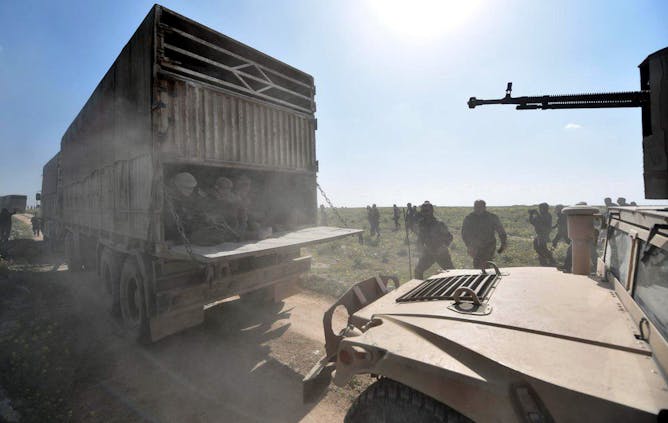
A truck of displaced men, with Islamic State fighters believed to be among them, leaves the group’s stronghold in Baghouz in February 2019.
Murtaja Lateef/EPA
Aviva Guttmann, King's College London
Seven striking similarities between developments regarding Islamic State today and the period before its surge in 2013-14.
|

Dr. Anthony Fauci, head of the NIAID, said that a vaccination could be available as early as January 2021.
AP Photo/Alex Brandon/File
Kristin Lunz Trujillo, University of Minnesota; Matt Motta, Oklahoma State University
As most of the world early awaits a vaccine for COVID-19, a smaller group of people scoffs. They could spell real trouble in the effort to build widespread immunity.
|
COVID-19
|
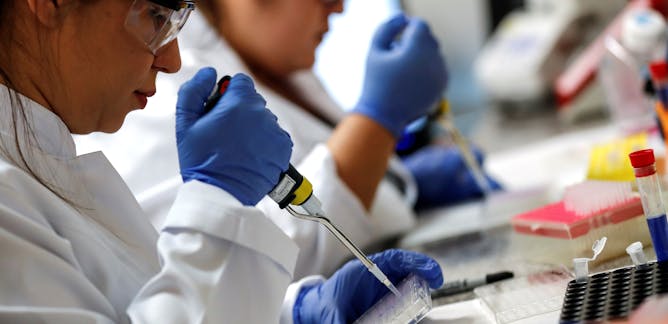
Simon Kolstoe, University of Portsmouth
Politicians are throwing billions of dollars at coronavirus vaccine trials, but the real cost of research is the one thing we're lacking – time.
| |
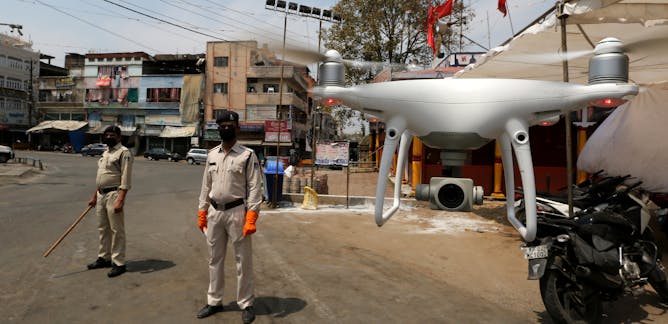
Sreevas Sahasranamam, University of Strathclyde
Start-ups in India, many in Kerala, have taken up the challenge of finding innovative solutions to the problems raised by COVID-19.
|
|
|
Politics + Society
|
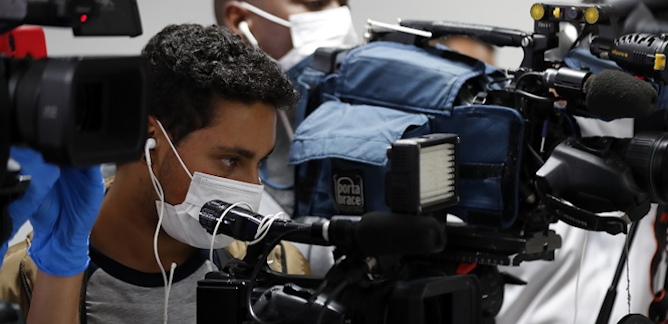
David Robie, Auckland University of Technology
While Pacific communities need robust public health reporting, local media face harassment and arrest while covering the crisis.
| |
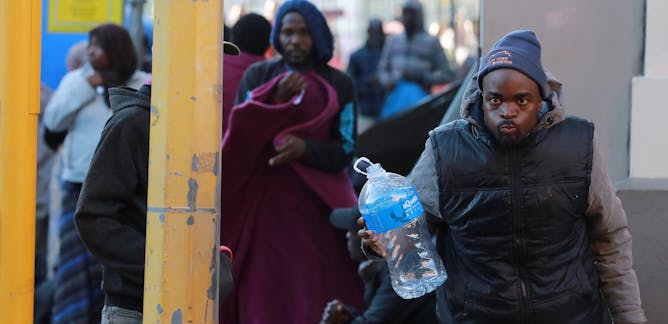
Karen Jacobsen, Tufts University; Charles Simpson, Tufts University
From getting schooling for their children through an app in the wrong language to trouble finding gloves and masks, refugees across the globe face different challenges in dealing with the coronavirus.
|
|
|
En español
|

Martina Bécares Palacios, Universidad Autónoma de Madrid; Elena Andrada Romero, Centro Nacional de Investigaciones Oncológicas CNIO
Cuando el coronavirus toma el control de nuestras células produce copias de su genoma como una fotocopiadora fuera de control. Por suerte, nuestro sistema inmune es bastante eficaz como antivirus.
| |
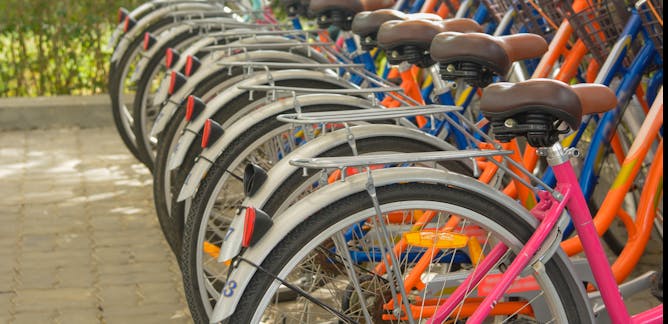
Rafael Villa Martínez, Universidad Camilo José Cela
Los expertos en consumo prevén que, debido a la pandemia, los consumidores españoles reducirán la mayoría de sus gastos, manteniendo los de alimentación, entretenimiento y artículos de uso doméstico.
|
|
|
En Français
|
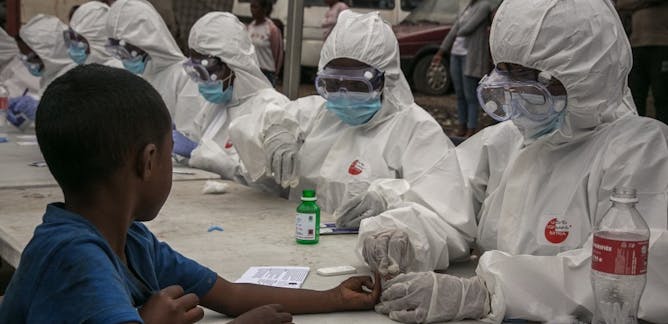
Christian Bouquet, Université Bordeaux Montaigne
La Grande Île affiche un bilan extrêmement satisfaisant face à la pandémie : moins de 200 cas recensés et aucun décès. Analyse de la « recette malgache ».
| |

Claude Lelièvre, Université de Paris
Certaines écoles rouvriront leurs cantines le 11 mai, d’autres demanderont aux enfants d’apporter leur repas en classe. Une différence qui n’est pas anodine d’un point de vue historique.
|
|
|
| |
| |
| |
| |
| |
| |
|
|
|
|
|
|
|